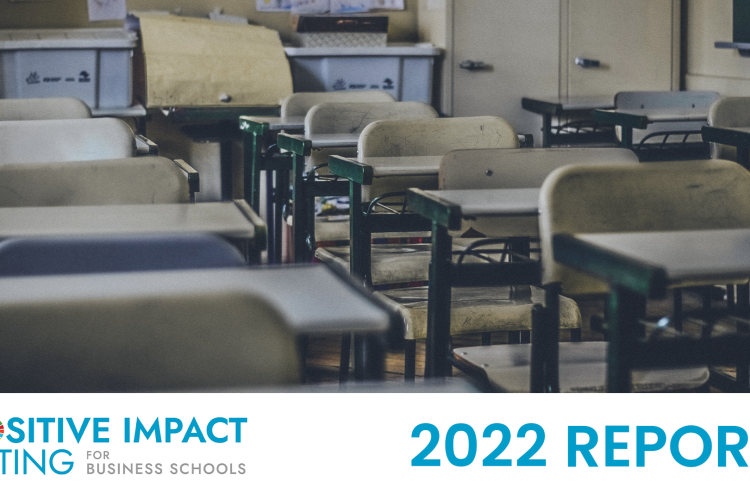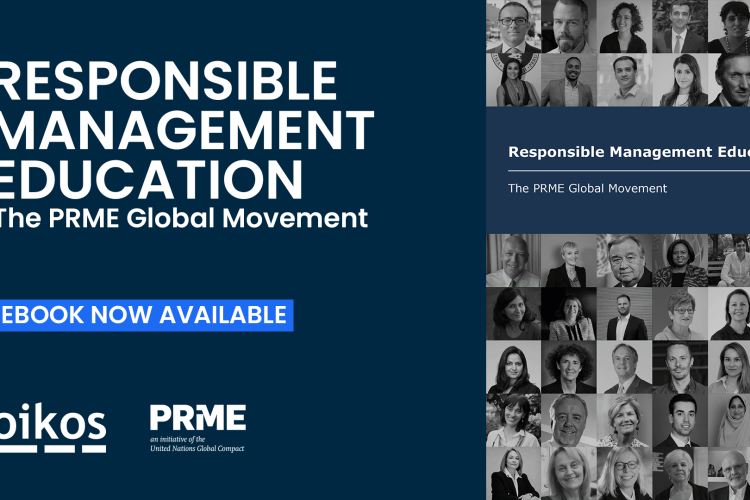Abstract
The case focuses on Roba Amiga, a network of organizations devoted to collect, select and sell second-hand clothes in Barcelona and its surrounding, with the aim of creating jobs for people excluded from the job market as well as contributing to mitigating the environmental problem of textile waste. The case traces the history of Roba Amiga, leading up to two of the organizations in the network forming a Work Integration Social Enterprise and opening a new sorting plan that allowed them to grow and gain in efficiency. The case explores the alternatives for further growth and examines the advantages and disadvantages for the different organizations staying together under a common brand, even though they have slightly different priorities. It also leads to discuss the social challenges involved in the exporting of clothes to developing countries and to question whether Roba Amiga should be more concerned about this fundamental aspect of its business model.
[table id=106 /]




